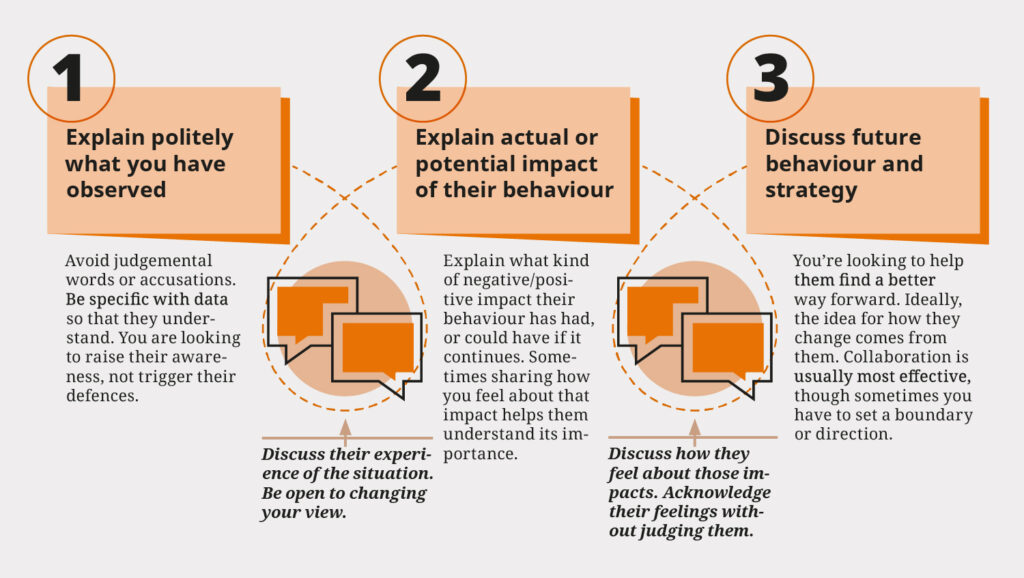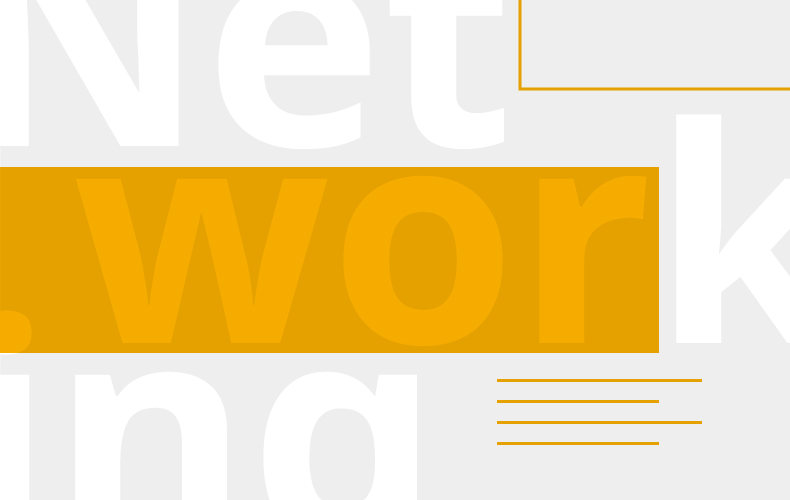8 December 2023 – There’s an old joke in which a traveller asks for directions. The punchline, “If you want to get to there, I wouldn’t start from here,” makes a serious point in the context of leadership: how we begin our journey with someone – the attitude and behaviour we bring to the relationship – makes a huge difference to where we end up with them.
It has become relatively clear from research just how important giving and receiving feedback can be for learning and professional development. Yet this benefit is only experienced when feedback is given well and in the context of a trusting relationship. When done unskilfully, feedback can feel challenging, threatening or shaming, and the act is rife with potential miscommunication and misinterpretation.
An effective, flexible approach to feedback that we teach on the EMBO Laboratory Leadership course is driven by data, clarity and kindness. It seeks a conversation and leaves space for the recipient to offer their perspective. It can be adapted to the audience’s needs and has its roots in Non-Violent Communication.
The approach, which entails three steps, requires us to do our best to avoid interpreting the data or using judgemental language that might trigger shame and defensiveness in the recipient. Managing our language puts the recipient in the best possible position to hear the feedback, understand it and grow from it. If we inadvertently trigger overwhelming negative feelings, they will not hear or accept the help being offered.
Good working relationships take time and hard work. To give critical or developmental feedback that is effective, we must have supportive, trusting relationships. Investing that time pays dividends when things get hard. And in research, as in life, they often get hard.

Further reading
Buckingham, M. & Goodall, A. (2019) The Feedback Fallacy. Harvard Business Review.
Meyer, E. (2023) When Diversity Meets Feedback. How to promote candor across cultural, gender, and generational divides. Harvard Business Review.
Rosenberg, M. B. (2015) Nonviolent Communication: A Language of Life (3rd ed.). PuddleDancer Press.
Scott, K. (2018) Radical Candor. How to get what you want by saying what you mean. Pan Books. Stone Zander, R. & Zander, B. (2002) The art of possibility. Penguin Books.



